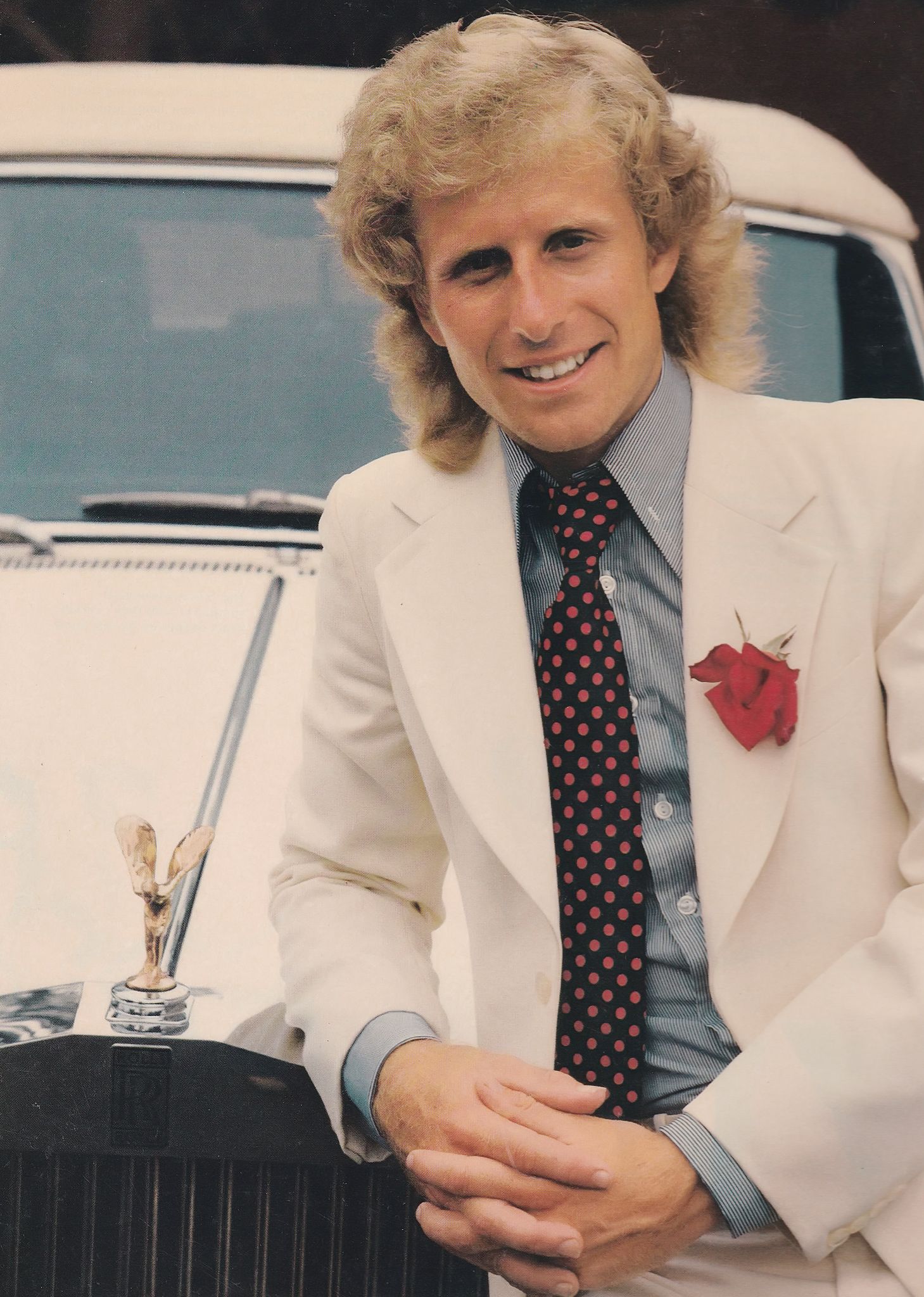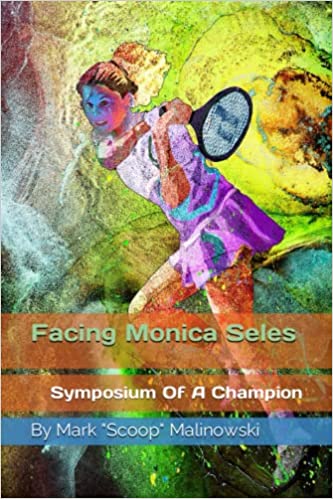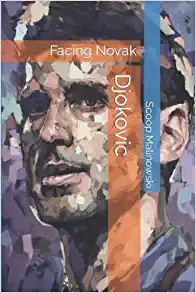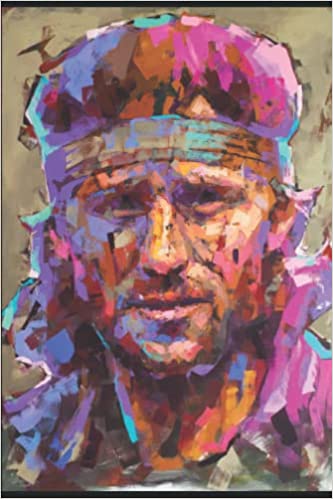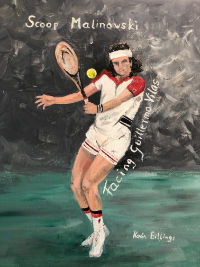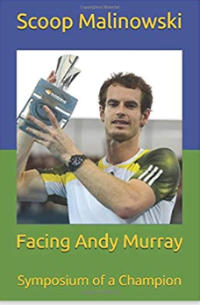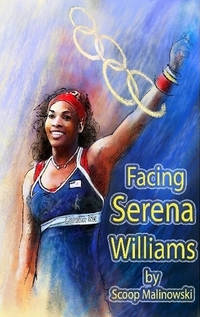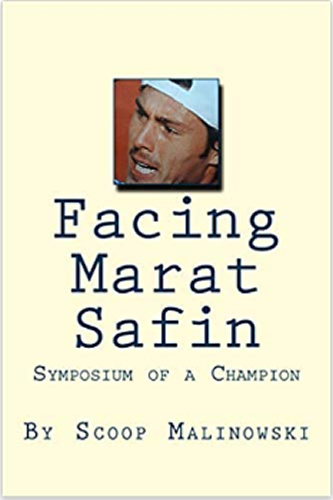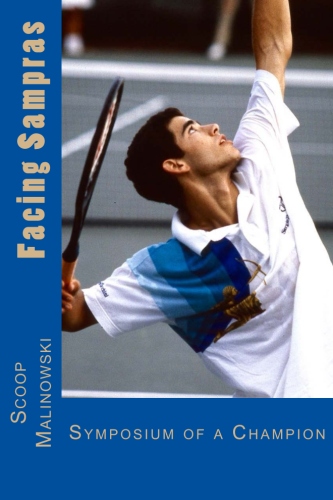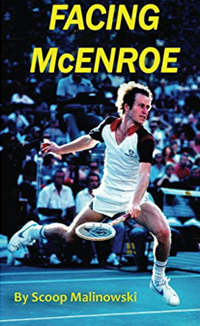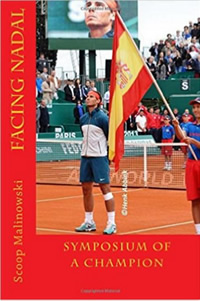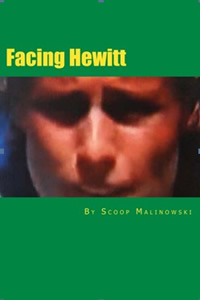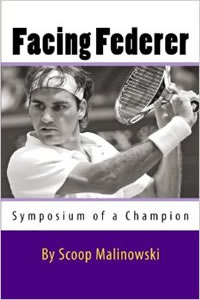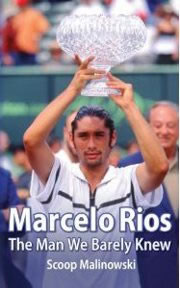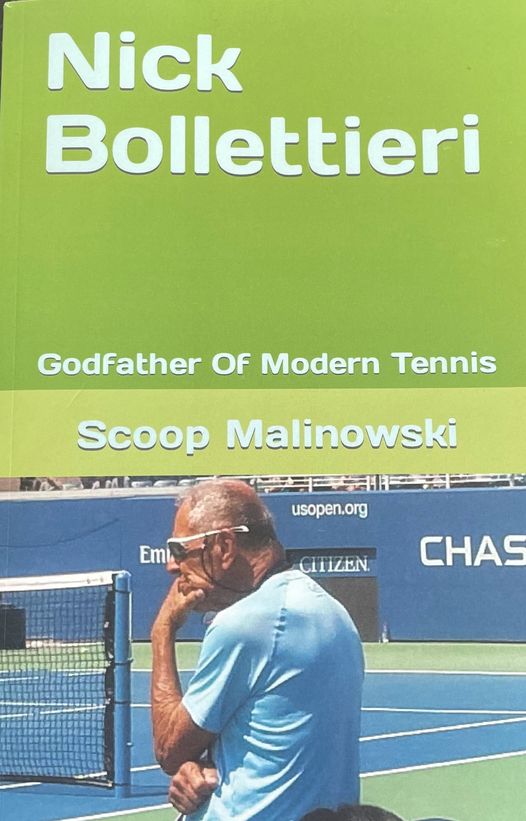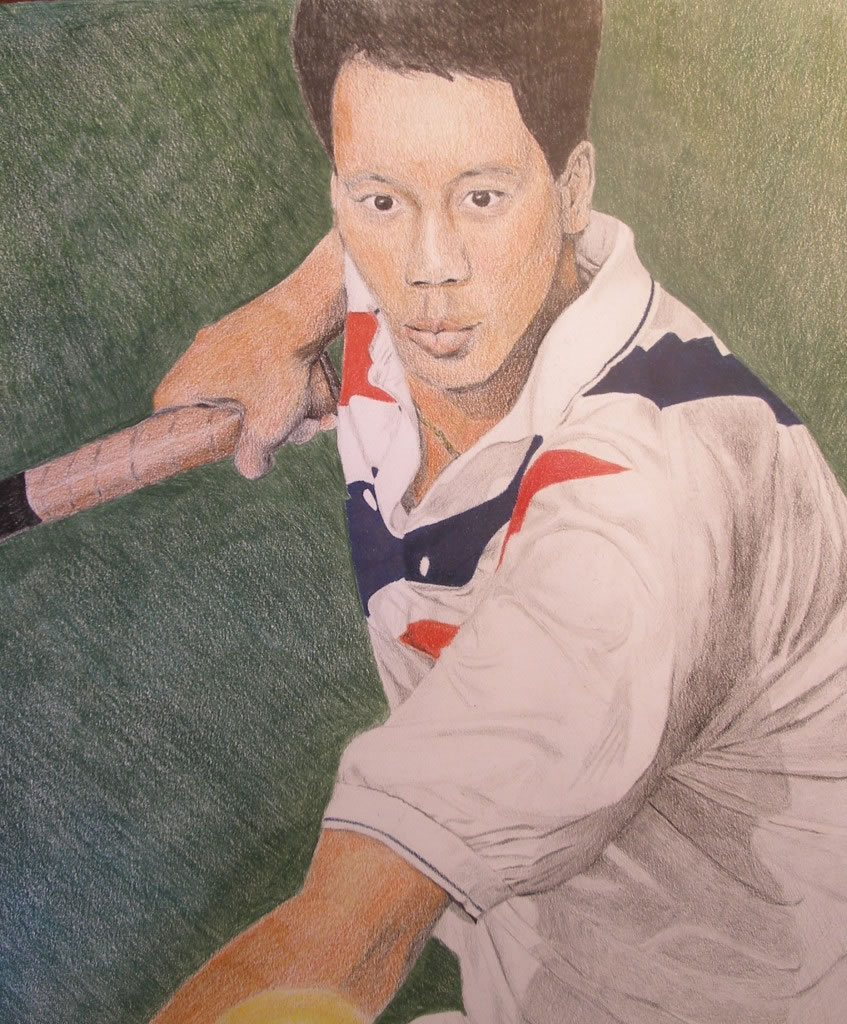
By Scoop Malinowski
The Big Champions win a lot of matches because of their auras and legends, and the tendency for lower ranked players to give them too much respect.
It’s been said the best way to play a big champion is to just play the ball and not the name, which of course is easier said than done. It’s a tricky task to try to find a way to communicate to the big champion no respect or awe, or only a minimal amount.
Chris Evert remembers playing the 16 year old Arantxa Sanchez-Vicario at the 1988 Roland Garros fourth round. “The first time I saw Arantxa I was playing her on Center Court at the French Open. She was this young, determined, little girl, who didn’t care who I was. She wasn’t intimidated in the least that she was playing a seven-time French Open champion. She just wanted to win and fought her heart out doing so. I was not too happy when she beat me (63 76) and I didn’t play the tournament again. I must say, she didn’t show me a lot of respect.”
By reading into these words, it seems sometimes the big champions expect or prefer opponents, young or old, rich or poor, to defer or subconsciously tank, to grant them automatic respect and honor, which manifests in the form of not competing at full intensity, full ferocity and tenacious viciousness.
Evert continued: “But looking back, I admire her spirit to pull off that win. That’s what has taken her to the top.”
Arantxa was no. 1 in the world in 1995 and won four Grand Slam singles titles, also six more in doubles and four more in mixed. She also won four Olympic medals (1992, 1996, bronze and silver at each) and five Fed Cups for Spain and over $60m in prize money.
While it’s an honor and privilege to share the same court as a tennis legend, they are also fair game and deserve no special privileges or extra respect. It’s war out there and as Bjorn Borg once said, “When you go on the court you hate everyone. It is the way it has to be.”
To go on court with a legend and to lower the fraction of desire to win to suit the feelings of the famous opponent, is a surefire way to accomplish failure.
I saw the You Tube highlights of this Evert vs Arantxa match and through it all, the Spanish teen acts as if she knows she can and will win. She was a human backboard with perfect technique, lethal consistency and the quickest feet you will ever see on a tennis court. It was a nightmare match for the 33 year old Evert, who despite being down 3-6 1-5, bravely fought back to get to a second set tiebreaker. The rallies were long physical grinds. Evert saved four match points and on the fifth match point, after another physical baseline duel, Arantxa struck a two-hand backhand cross deep that Evert got to but hit into the net cord. It was the 30th shot of the rally.
Arantxa lost in the next round but would win her first Grand Slam in singles at 1992 Australian Open.
The mental strength and emotional fire resources Arantxa possessed would profit her with fourteen Grand Slam titles however they also cost her a doubles partner.
Arantxa had to play her doubles partner Jana Novotna in the singles semifinal at the 1996 `Olympics in Atlanta. The two had been world no. 1 together. But the drama of this singles match angered the Czech who lost in three sets to Arantxa after being a break up in the third set. After the match at her press conference Novotna berated Arantxa for her excessive fist-pumping and constant line call questioning. Arantxa was hurt by the spat and their friendship was finished.
It’s a delicate challenge to find the balance of paying respect and some healthy competitive venom, and at the same time trying to perform at your very best to try to slay a dragon.
As the 2022 Australian Open evolves, it will be interesting to see which players show too much respect and which ones will throw caution and respect to the wind and go for the jugular of the big champions.
AO · Australian Open · Chris Evert



